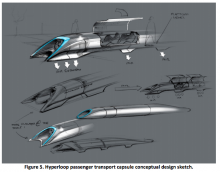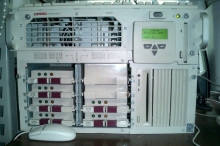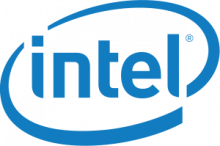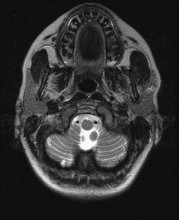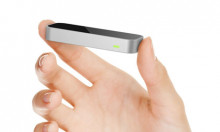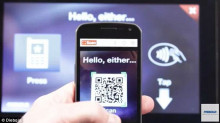AMD releases new dual core APU
AMD seems to be putting out more embedded designs faster that it can write press releases for them.
This week it has released a new dual core APU which it says offers high performance at approximately 3W average power. It is selling for $74.00














































